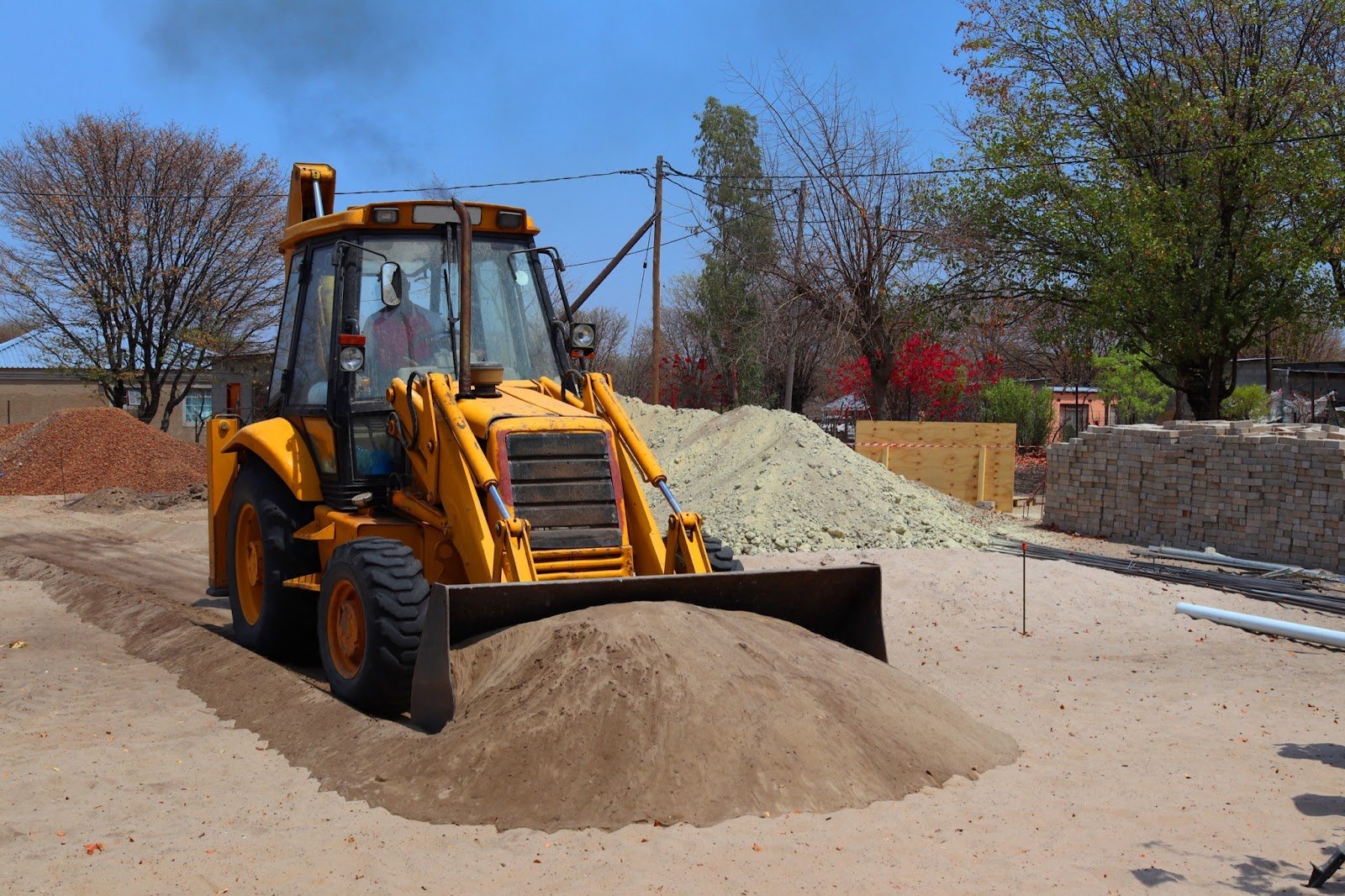How Soil Amendments Can Benefit Your Construction Site
If you're in the construction business, then you know that having high-quality soil is essential to the success of your vegetation around the site. That's why many construction companies choose to use soil amendments to improve the quality of the soil and overall soil health on their construction site. After all, grass and ornamental shrubbery are not just for aesthetics, they filter stormwater and increase property value. But what exactly are soil amendments, and how do they benefit construction sites? We'll explore more about soil amendments and their benefits within this blog.
What Are Soil Amendments?
Soil amendments are materials that are added to soil to improve its physical properties, such as drainage, aeration, water retention, and nutrient content. They can be organic or inorganic amendments, and they are often used in agricultural and construction applications.
Types Of Soil Amendments
There are many different types of soil amendments, but some of the most common include compost, manure based composts, gypsum, limestone, and peat moss. Each type of amendment has its own unique benefits, so it's important to choose the right one for your particular construction project. For example, lime is better for more acidic soils if you're looking to raise soil ph.
Benefits of Soil Amendments
There are many benefits to using soil amendments on your construction site. Amendments can improve the physical properties of soil, such as porosity, water retention, aeration, and drainage. They can also improve the chemical properties of soil, such as pH levels, nutrient availability, and microbial activity. In addition, amendments can help to reduce compaction and erosion.
Improves Drainage
One of the biggest benefits is that amendments can improve the drainage of the soil. This is important because poor drainage can lead to a number of problems, such as waterlogging and erosion.
Improves Aeration
Another benefit of using soil amendments is that they can improve the aeration of the soil. This is important because it helps roots get the oxygen they need to grow. Poorly aerated soil can lead to stunted growth and a decrease in plant productivity.
Water Retention
In addition, soil amendments can also help improve water retention. This is beneficial because it helps reduce irrigation costs and provides plants with a consistent supply of water during dry periods. This benefit is especially great for sandy soils. Each 1 percent increase in soil organic matter helps soil hold 20,000 more gallons of water per acre.
Improves Nutrient Content
Finally, one more benefit of using soil amendments is that they can improve the nutrient content of the soil. This is important because it helps plants get the nutrients they need to grow healthy and strong and encourages other organic materials to grow.
Soil Amendments For Construction Sites
As you can see, there are many benefits that come with using soil amendments on construction sites. They can help with drainage, nutrient availability, root growth, and more. If you're looking for a way to improve the quality of your construction site's soil, then consider using one or more of these Amendments.
Sometimes construction jobsites don’t lend themselves to use raw materials in bulk like peat or compost, so contractors look to packaged products to add amendments to the soil. Earthworks certified organic fertilizer is made from poultry waste, and is pelletized so it can easily be used in a spreader behind a small tractor.
One of the benefits of hydroseeding is that the hydromulch breaks down over time as vegetation occurs, and creates organic matter in the soil. Contractors who are looking to add organic matter quickly in hard to reach areas could consider using Profile Products Proganics. Proganics is a Biotic Soil media that is used in conjunction with hydroseeding to add organic matter to the soil.




